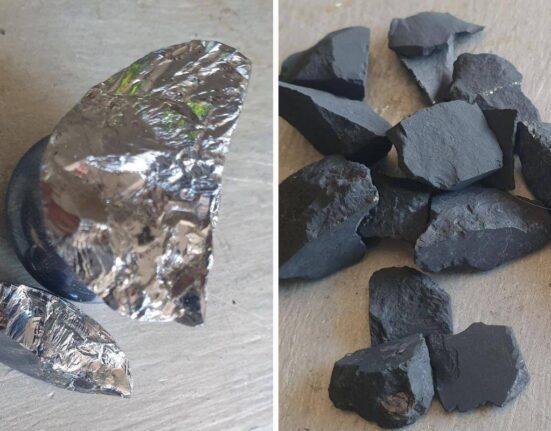Ashwagandha is an herb that has been used in traditional Indian Ayurvedic medicine for centuries. It is most commonly used as a stress reliever and anxiolytic, but it also has a reputation for promoting relaxation and improving sleep quality.
Today, ashwaganda is gaining popularity as a natural remedy for a variety of conditions, including anxiety, stress, and insomnia. But what does the science say? Is ashwagandha effective? And if so, when should it be taken for maximum benefit? Let’s take a closer look.
What is ashwagandha?
Ashwagandha is an adaptogenic herb, which means it helps the body to cope with stress by reducing the production of cortisol, the stress hormone. The herb is believed to work by reducing levels of the stress hormone cortisol.
When is the best time to take Ashwagandha?
Morning
Cortisol levels are highest in the morning, so taking ashwagandha in the morning can help to reduce stress throughout the day.
Studies have shown that ashwagandha can indeed help to lower cortisol levels and improve stress tolerance. In one study, participants who took ashwagandha for eight weeks had significantly lower levels of cortisol than those who did not take the herb.
If you don’t have time to research all of the brands of ashwagandha supplements to find which one is best for you, not to worry, we already did that research in another article. They are listed and reviewed here:
Evening
Because ashwagandha can also promote relaxation, ease a person into a restful state and improve sleep quality, some people find it more effective to take it in the evening before bedtime.
The exact mechanisms by which ashwagandha induces these effects are not fully understood, but it is thought to work by reducing levels of the stress hormone cortisol.
Additionally, animal studies have shown that ashwagandha increases levels of GABA, a neurotransmitter that plays a role in regulating the stress response.
If you are interested in trying ashwagandha for its relaxation benefits, be sure to speak with your healthcare provider first, as it may interact with certain medications.
Evidence of Efficacy for Ashwagandha
There is some scientific evidence to support the use of ashwagandha for anxiety and stress relief. One study found that Ashwagandha root extract was just as effective as psychotherapy in reducing anxiety levels https://www.ncbi.nlm.nih.gov/pubmed/22511660. Another study found that ashwagandha was effective in reducing stress levels in medical students during exam periods https://www.ncbi.nlm.nih.gov/pubmed/23101548.
Ashwagandha may also be effective in treating insomnia by reducing cortisol levels at night and promoting relaxation https://www.ncbi.nlm.nih.gov/pubmed/22419240. One study found that Ashwagandha was more effective than a placebo in reducing sleep disturbances and improving sleep quality https://www.ncbi.nlm.nih.gov/pubmed/29627179.
Concluding Thoughts
Overall, there is enough scientific evidence to support the use of ashwagandha for anxiety, stress relief, and insomnia treatment, though research is ongoing. If you are considering taking ashwagandha, speak with your doctor first to determine the best dosage and timing based on your individual needs and health condition.







